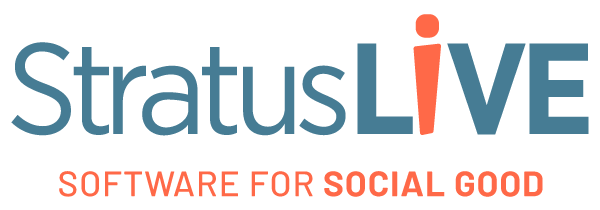Good planning is the foundation of good fundraising. Far too many non-profits “fly by the seat of the pants” when it comes to fundraising. They try to do too much, they incorporate every idea they get from their board, management, and major donors, and they fail to evaluate the return on investment for their various fundraising programs. This leads to staff and board burnout, donor fatigue, and a feeling that there’s got to be a better way to fundraise.
Thankfully, there is a better way to fundraise. Smart organizations develop fundraising plans to guide their development efforts. These plans are based on a combination of best practices, the unique resources and needs of the non-profit, and a willingness to test new ideas… keeping the things that work and throwing out the things that don’t.
All great fundraising plans also include two very important components. The first are set deadlines. Good plans detail the dates by which each action item will be completed, so that everyone at your organization is on the same page. The second are firm responsibilities. This means that your plans detail which person at your on-profit is going to take the lead on completing each item.
When it comes to fundraising, there are 8 key strategies that you need to have in place each and every year in order to be successful. These strategies can be detailed as part of a comprehensive fundraising plan, or your non-profit can develop a separate plan for each of these key areas. Either way, here are the 8 fundraising strategies you need to create this year if you want your development program to thrive:
#1 – Prospecting Strategy
Every non-profit needs a sustainable strategy for bringing in new donors year after year. Prospects are the lifeblood of your fundraising program. Without new donors coming in on a regular basis, your organization won’t have anyone to cultivate, steward, or ask for a gift. Where will you find new prospects this coming year? How will you engage them?
#2 – Cultivation Strategy
Likewise, your organization needs a strategy for easily and effectively communicating with your donors and building relationships with them, even with limited time and resources. All fundraising is based on building relationships. How will you communicate with your prospects and donors this coming year? How will you draw them closer to your organization and make them feel like part of your team?
#3 – Ask Strategy
Smart non-profits ask their donors for gifts through a variety of different channels. Your ask strategy lays out a winning formula for segmenting donors and making asks through meetings, phone calls, direct mail, e-mail, events, and more. How will you solicit your donors this coming year?
#4 – Stewardship Strategy
Once a donor makes a gift, your non-profit needs a plan in place for systematically thanking and recognizing donors, retaining them, upgrading them, and getting them to refer new prospects to your organization. This process is called “donor stewardship.” How will you thank and recognize your donors this year? How will you steward them into making their next gift?
#5 – Donor Communications Strategy
Donor communications are the nuts-and-bolts of your other strategies… they are a key part of all you do, including cultivation, stewardship, and asking. Your non-profit needs a step-by-step method for reaching donors through newsletters, annual reports, snail mail appeal letters, and more. How will you communicate with your donors online and offline this coming year?
#6 – Event Strategy
Chances are your non-profit will hold one or more development events this year. These events could include non-ask / cultivation events, donor recognition events, fundraising events and galas, and more. To succeed, your organization will need a strategy in place for easier, hassle-free events that don’t break the bank. How will you schedule and hold your fundraising events this year so that they are more effective than ever?
#7 – Online Fundraising Strategy
Your organization needs to develop a plan for raising more money online through your website, e-mail, social media, crowdfunding, and more. This plan should include details on how you will reach new prospects online, cultivate and steward your donors online, and solicit gifts through various online fundraising channels. How will you raise money online this year? How will your online efforts complement your offline fundraising activities?
#8 – Board Engagement Strategy
Your board of directors can and should play a key role in your fundraising activities. Every non-profit needs a formula for getting your board engaged in fundraising without making them nervous or resentful. How will you develop a culture of philanthropy on your board this year? How will you work with your board to raise more money from their friends, colleagues, and others in their network?
Remember that while you need a plan in place for each of these fundraising strategies, your non-profit shouldn’t be trying to do too much in any one area. You need to honor the resources of your organization, including your budget, manpower, time, and bandwidth. For most organizations, your best bet is to put 2-4 components in place for each strategy. Thus, you’ll want to have 2-4 things in place for finding new prospects, 2-4 ways to cultivate your donors, 2-4 ways to engage your board, etc.






